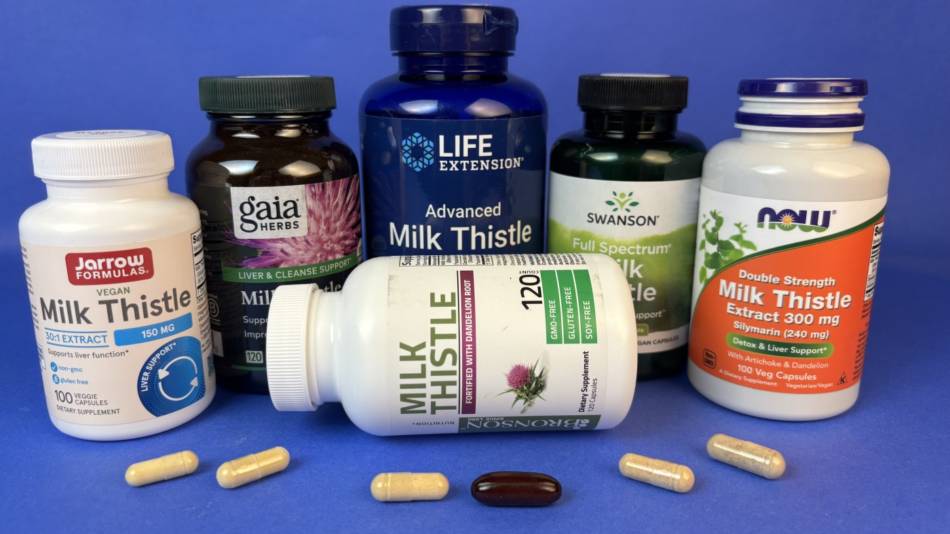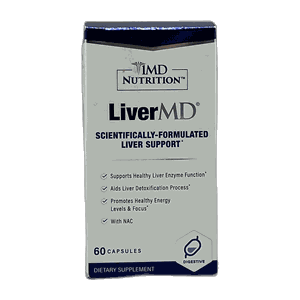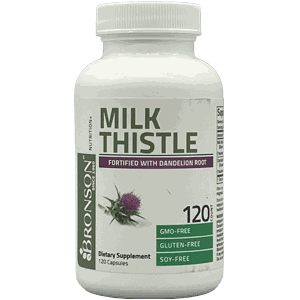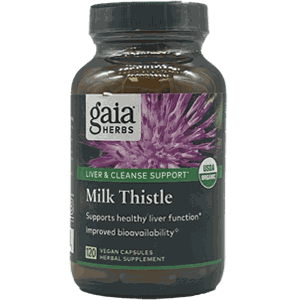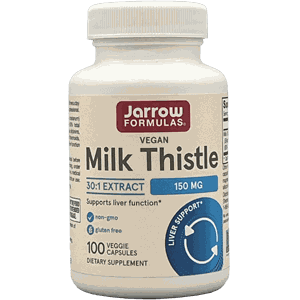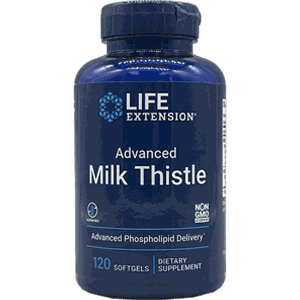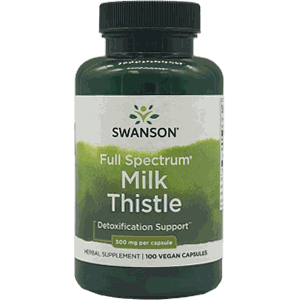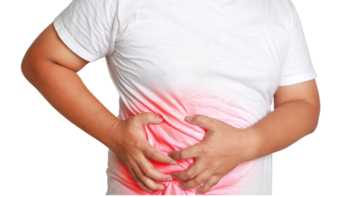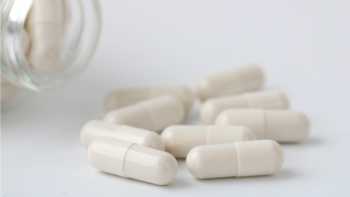Summary
Which is the best milk thistle supplement?
ConsumerLab tested seven milk thistle supplements from the following brands: 1MD Nutritionm Bronson, Gaia Herbs, Jarrow Formulas, Life Extension, NOW, and Swanson.
Among products APPROVED for Quality by ConsumerLab.com, one was chosen as CL's Top Pick for providing a substantial amount of silymarin, appropriate usage instructions, and superior value.
What does milk thistle do?
For people with type 2 diabetes, milk thistle may help decrease blood sugar levels and HbA1c (a measure of blood sugar levels over time) when used with conventional therapy. There is limited evidence that improves liver function in people with viral or alcohol- or drug-induced hepatitis. Preliminary evidence suggests that it may modestly relieve symptoms of menopause (see What It Does).
What is silymarin?
Silymarin is the term for a specific group of chemically related compounds found in milk thistle. Silymarin is thought to be responsible for some of the herb's effects and is used as a marker of milk thistle strength (see What It Is).
What did CL find in its tests of milk thistle supplements?
The amount of silymarin in products ranged 2,800% from 17.4 mg to 498 mg per daily serving. For two products, these amounts were far lower than a consumer might expect from labels, leading CL to rate these products as NOT APPROVED for quality (see What CL Found and How Products Were Evaluated).
What to look for with milk thistle?
Milk thistle comes in various forms and concentrations, but most clinical studies of milk thistle's effectiveness have used extracts at a dose of about 200 mg taken 2 to 3 times per day. The amount of silymarin in these extracts is about 58% of its weight (although this has been reported as 80% when using a non-specific, older method of testing known as UV-VIS) (see ConsumerTips™ for dosage and other details).
What are the side effects of milk thistle?
Milk thistle is generally well tolerated but, infrequently, can have a laxative or other gastrointestinal side effect. Allergic reactions can occur, especially in people who are sensitive to related plants, and it may interact with certain medications (see Concerns and Cautions for details).

